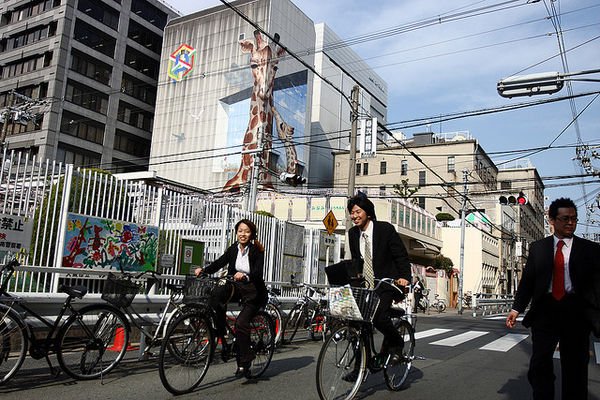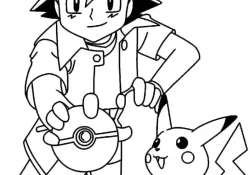Japan is known for being a country where people work too much, some even work 12 to 15 hours a day. Of course this is not such a big number but it is quite visible to the point of catching people's attention. However, the workload in Japan is like that of any other country, varying between 8 and 9 hours a day. So why is it that 1 in 5 Japanese permanent employees often work overtime? What makes 22% of Japanese people work more than 50 hours a week?
If we look at it this way, 22% of the population is not an alarming number for people to say “Japanese works too much”, but it is a very large number. There are 27 million Japanese people who work more than 10 hours of overtime per week. Japan only allows 45 hours of overtime a month, but about 1 million people have signed a term that allows them to do more than that. Why does it happen?
Índice de Conteúdo
Additional 25%
The Japanese are paid by the hour, after 8 hours of work the additional hour worked is increased by 25%. This is the main reason most people work overtime. Some exaggerate and even go without their vacation to work and earn more. If a person works on days when they are not contracted to work as days off or holidays, they receive about 35% more than on other days. If the person works at night (22+) he gets about 25%.
In jobs that don't allow overtime, some people end up taking another part-time job to increase their earnings. Greed proves to be a key factor for Japanese people to work too much, as in some cases the person's salary is not satisfactory for them, requiring them to work more. Some even work 24 hours non-stop in places like hospitals, sometimes for % or to help those in need.
Cultural Issues
After the Second World War, Japan went through several economic problems. The government's encouragement made people work in a unique way that made Japan rise again and become an economic power. These events ended up leaving a tradition and cultural incentive for people to dedicate themselves to work as the most important thing.
Another thing is the fact that the Japanese are responsible for most of the things they do. Responsibility and discipline is something that has accompanied the Japanese for millennia since the times of the samurai. Another example we can take from the samurai is their dedication to things like bushido and your master.
Working overtime without pay
Some still end up working after hours even if they don't have to. Most jobs that require overtime are located in factories, so in many offices some people end up wanting to work longer than they should even without receiving the 25% add-on or even the hourly rate. Why do they do this? Some just like it, others do it to cut down or finish a job soon or with the intention of pleasing the boss. Some even end up working from home after hours.
I see no problem with working 2 more hours a day to earn about 3000 yen (80R$). But there are those who go over the limit working about 12 to 15 hours every day, and even after work they go out to drink and live in this infinite circle without joy. This is one of the great reasons why Japan has the birth crisis and have a high suicide rate.
The article is still halfway through, but we recommend also reading:
Curiosities and facts
- About 27 million Japanese work 10 or more hours of overtime per week;
- The law only allows 15 hours of overtime per week, which is divided into an average of 3 per day;
- Minors under the age of 18 are not allowed to work overtime;
- There are about 16 worker holidays per year;
- Most foreigners work overtime out of precision or obligation;
Research says that almost half of people in Brazil work 10 hours a day. That is, before imagining that the Japanese work too much, analyze the facts. At least the Japanese get paid for the overtime they work. Finally, I will leave some similar articles that can clarify the matter further. Thank you for reading, sharing and commenting.









